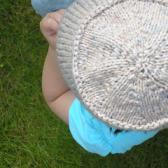Magic Day started with a “Houdini Day," the first of which took place in the summer of 1927, less than one year after the famous magician’s death. His wife presented a trophy in honor of him on that day.
Harry Houdini is quite probably one of the reasons magic is so popular today and at the time of his death he was the most famous member of the Society of American Magicians. Houdini died at 1:26pm on October 31st, 1926.
Houdini is most famous for his escape artistry, varying from escaping from chains, ropes, handcuffs and straitjackets while dangling in the air above his audience, to escaping from a locked milk can, filled with water. He went so far as to challenge police in every city he visited to restrain him in their jails and handcuffs – more often than not he was strip-searched first.

Word of the Day
| |||
| Definition: | (noun) A portable loudspeaker with built-in microphone and amplifier. | ||
| Synonyms: | loud-hailer | ||
| Usage: | The policeman used a bullhorn to order the crowd to disperse. | ||

Idiom of the Day
have had the biscuit— To be no longer functional or useful; to be dead or about to perish. Primarily heard in Canada. (i asked ray if he had ever heard this idiom and he said he had - i hadnt!) |
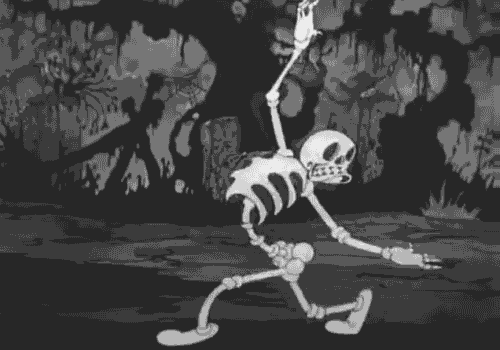
History
Martin Luther Posts His Ninety-Five Theses (1517)
According to the traditional account, Luther posted his Ninety-Five Theses on the door of the castle church in Wittenberg, Germany—an event now seen as the beginning of the Protestant Reformation. Written in response to the selling of indulgences to pay for the rebuilding of St. Peter's Basilica in Rome, the theses represented an implicit criticism of papal policy and aroused much controversy.
Michael Landon (1936)
After appearing in minor roles on TV, Landon made his film debut in 1957's I Was a Teenage Werewolf. He endeared himself to audiences as Little Joe in the western series Bonanza (1959-1973) and later as Charles Ingalls in the series based on Laura Ingalls Wilder's Little House on the Prairie. He also sometimes wrote and directed episodes for the shows in which he acted, including Highway to Heaven. |
Ancient Interior Decorators: Did Early Humans Line Caves with Lion Pelts?
Some 16,000 years ago a big cat died. Today, its toes may provide insight into its species' extinction. The cave lion, Panthera spelaea, once roamed from Europe to northern North America.READ MORE:

Ancient interior decorators: Did early humans line caves with lion pelts?
1860 - Juliette Low, the founder off the Girl Scouts, was born.
1941 - Mount Rushmore was declared complete after 14 years of work. At the time the 60-foot busts of U.S. Presidents George Washington, Thomas Jefferson, Theodore Roosevelt and Abraham Lincoln were finished.
1942: Bing Crosby's hit song "White Christmas" topped the pop singles chart.
1956 - Rear Admiral G. J. Dufek became the first person to land an airplane at the South Pole. Dufek also became the first person to set foot on the South Pole.
2006: after 35 years at the helm, beloved game show host Bob Barker announced he would retire from CBS' "The Price Is Right" at the end of the 2006-2007 TV season.
2011: the United Nations announced the world population had reached seven billion people.


Jersey City Bluegrass Jam
Oct 31, 2016 | Hoboken, NJ
About This Festival
Jersey City Bluegrass Jam is a music festival that takes place at Finnegan's Pub Hoboken.
Safe In Sound Festival
Oct 31, 2016 | Kansas City, MO
About This Festival
Safe in Sound is a traveling music festival that brings bass-heavy performing acts to cities across the United States including San Jose, California. Presented by Vital Events, the festival has hosted past performers like Flux Pavillion, Terravita, Caked Up and Destroid. This event is perfect for dance and electronic music enthusiasts.

WeAre Together
Oct 31, 2016 | Marseille, France
About This Festival
WeAre Together hints at the importance of music being a social experience. That’s why musicians don’t hold concerts in your living room, lonely one. A stellar lineup of indie, folk and electronic artists will bring music lovers together with a mix of intense and low-key tracks to inspire a more collective experience.

Pictures of the day

The Royal Kurgan is a 4th century BC kurgan (burial barrow) located near present-day Kerch, Crimea. The mound is almost 20 meters high and its base perimeter is about 250 meters. It holds a burial chamber with a square floor plan which gradually merges into the circular shape of a corbelled dome ("false vault"). It is assumed that the Royal Kurgan was the final resting place of a ruler of the Bosporan Kingdom.
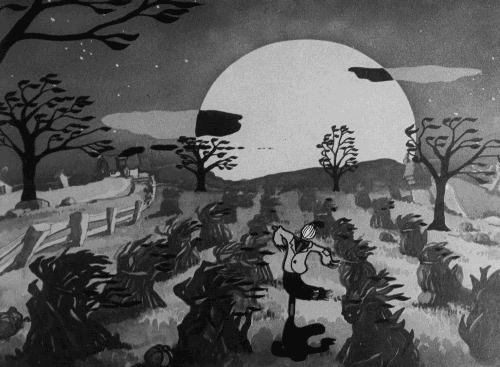
thanks, june
knit
knit
knit
thanks, helen
EASY CAKE COWL
kriskrafter

The Stringy fringe is made simply at the end with dropped stitches - no need to cut fringe and tie on.
Materials and Tools:
- U.S. Size 9 (5.5mm) knitting needles
- OPTIONAL for those using the provisional cast on. An extra knitting needle to be used for the 3-needle bind off. (size doesn't matter too much, anything between a 6 - 8)
- 1 Caron Cakes (or similar like Premier "Sweet Roll") or just Worsted/Aran weight, approx. 383 yds.
- OPTIONAL: A little waste yarn in a contrast color for provisional cast on.
Gauge:
20 sts in stockinette stitch = 4"Abbreviations:
K = knit
P = purl
yo = yarn over
k2tog = knit 2 together
RS = right side
Directions:
**Choose now whether you’d like to make this by starting with a provisional cast-on, which means you will join at the end with a 3-needle bind off, OR you can just choose a regular cast-on method of your choice, then bind off at the end and sew your seam.
Set up:
For Provisional Cast-on (this means you will use a 3-needle bind off at the end) Using waste yarn perform a provisional cast on of your choice, cast on 42 sts.For Regular Cast on (this means you will sew your seam at the end.) Using main yarn, cast on 42 sts using any regular cast on method you prefer. I myself prefer the long-tail cast on.
1-2 Knit
3. (RS) k2, *yo, k2tog, rep from * to last 2 sts, k2.
4-7. Knit
8-15. Starting with a purl row, work 8 rows of Stockinette St. End on RS.
16-18. Knit
19. (RS) k2, *yo, k2tog, rep from * to last 2 sts, k2.
20-23. Knit
24-31. Starting with a purl row, work 8 rows of Stockinette St. End on RS.
Repeat rows 16-31 until you've used up all but a couple rows worth of yarn or very close to the end of the cake. Make sure to end on row 31.
Seaming:
For those who used a Provisional Cast-on:
Using spare knitting needle, pick up the 42 stitches from the cast on, set aside.
Now, on the end that was the last row you worked, k2 sts, then k1, then place the last st worked back on the left hand needle, drop the other 2 sts off the needle (yep, let 'em drop off the needle, this will become your fringe later) then place that st that you worked (the 4th one) back on the right needle. On the spare needle, the one with the sts you picked up from the provisional cast on, hold it parallel to the other working needle, right sides together, drop the first 2 sts off the needle. Now knit a stitch from the provisional cast on side, now you have 2 sts on your right hand needle, pass st 1 over st 2.
Now perform a 3-needle bind off, when you get to the last 2 stitches (on both needles), stop, and let them drop off (again, this will become fringe). Tie off on the last st worked and weave in end.
For those who used a regular Cast-on:
K3, k the next st, pass the 3rd st on right needle over the 4th one as to bind off, place the new stitch you just made when you bound it off onto the left hand needle temporarily, drop those 2 edge sts off of the right hand needle, now place the st that you set onto the left needle back onto the right needle, continue to bind off until 2 sts remain on each needle, drop these last 2 sts on each needle (these will become fringe also). Cut yarn, tie off and weave in. Sew your bind off edge to the cast on edge (except those 2 edge stitches on each side which are dropped - don't sew those, they need to stay loose and dropped to pull the fringe.
To make the fringe, start gently tugging at an end where 2 sts were dropped, until a loop works its way out, when one loop comes out tug the next one. I am going to refer you to a video that I made for a different pattern but the fringe pulling is the same. Please ignore the fact that this is a different pattern and different look, just look at the way I pull the fringe out. The video is here:
https://www.youtube.com/watch?v=UtUHcyS-0Jc
My cowl was approximately 64" long before seaming. After seaming I washed it in the washing machine and dried it in the dryer, I did not block it. I actually prefer the "wrong" side better than the right side. I wear mine doubled around my neck.

crochet

crochet

crochet
crochet

thanks, rose


RECIPE

CROCKPOT RECIPE

SWEETS
Ammonia Cookies

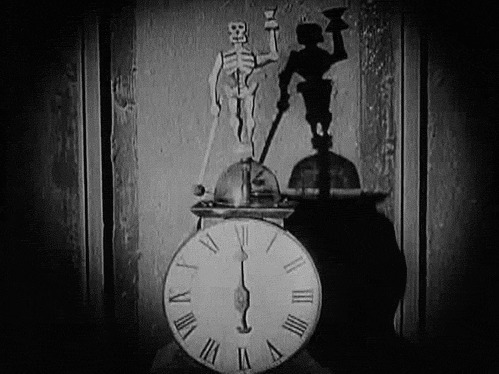
ADULT COLORING, halloween

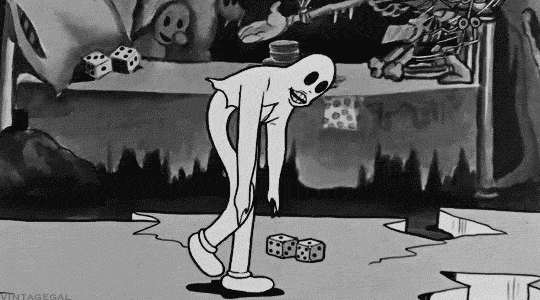
CRAFTS
thanks, sandy
DIY: Simple Halloween Spider Headband | Julep
DIY: Simple Halloween Spider Headband | Julep

CHILDREN'S CORNER ... halloween maze

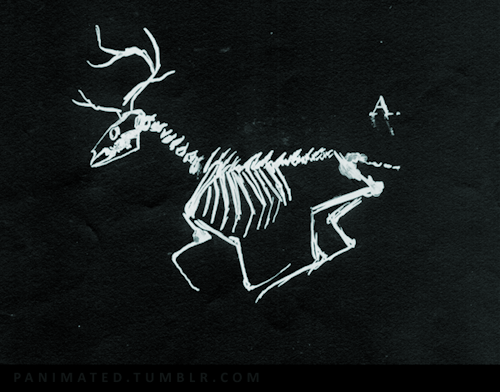
PUZZLE

QUOTE



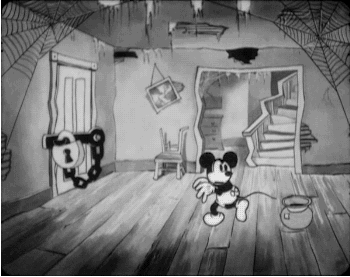
CLEVER
thanks, shelley (wow .. it does work!)

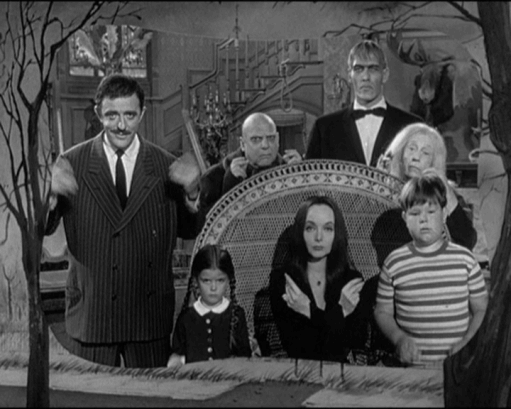
Where Does “Halloween” Come From?

grammarly
Jack-o’-lanterns, costumes, candy—the clues to the easiest game of associations ever. Yes, these are things we love about Halloween, a holiday we celebrate on the last day of the month of October. For many of us, Halloween is all about costume parties, carving pumpkins, watching horror movies, and trick-or-treating. In the Christian tradition, Halloween marks the beginning of a three-day observance known as Hallowtide, or the Hallowmass season—the time of the year when we celebrate those who are dead. The timing of the holiday coincides with an ancient Celtic holiday, Samhain, which marks the end of the harvest season and the beginning of winter.

While some are eager to point out the pagan roots in the way Halloween is celebrated today, others are equally eager to defend it as a purely Christian holiday. The word “Halloween” has roots in the Christian tradition. Hallow is an archaic word that evolved from the Old English word halgian. When used as a verb, it meant “to sanctify.” When used as a noun, it meant “holy person” or “saint.” The een portion of Halloween is a contraction of even, a word you might know as “eve,” which means “end of the day.” This is why Halloween is sometimes referred to as “All Hallows’ Eve” or “All Saints’ Eve.” “All Hallows Eve” was used for the first time in the sixteenth century. We can thank the eighteenth-century Scots for the contraction Halloween.

Since we’re already here talking about Halloween and words, let’s look at a few other Halloween expressions. Do you know why kids say “trick-or-treat,” or how the jack-o’-lantern got its name?

Trick-or-treating might have originated in the Celtic celebrations of Samhain. It’s said that people dressed in costumes that represented the souls of the deceased and were given offerings. The phrase “trick-or-treat” is a twentieth-century invention. When a kid says “trick-or-treat,” what she’s really saying is “give me candy (treat), or I’ll do some mischief (trick) on your property.” It’s extortion, albeit adorable extortion. You can’t have kids going around, knocking on doors, and saying “nice house you have there, it would be a shame if something happened to it.”

Jack-o’-lantern, originally, had nothing to do with a person named Jack, a lantern, or a carved pumpkin. Do you know what a will-o’-the-wisp is? In certain areas of the world, especially marshlands, bogs, or other wet areas where there’s a lot of decomposition going on, people sometimes see strange flickering lights. These lights can resemble a lamp, and the closer you get to it the more it fades. But by the time it disappears completely you might find yourself knee-deep in dirty swamp water, and possibly in peril. These lights have entered the folklore of cultures around the world, from the Americas to Asia, and each culture gives a different explanation for the origin of these lights. Jack-o’-lantern was one of the names given to this phenomenon in southwestern England and East Anglia. It’s short for “Jack of lantern,” where “of” actually means “with.” The first use of the term for a carved pumpkin lantern occurred in the nineteenth-century United States, and it’s been used ever since by kids and adults alike.







